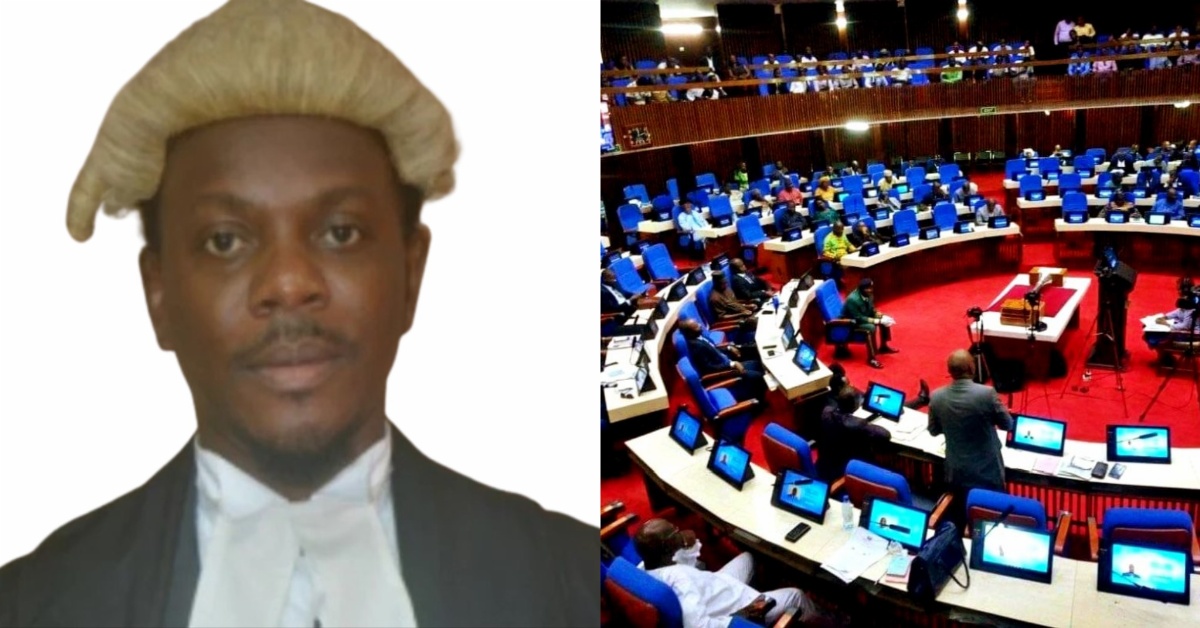The Clerk of Parliament, Hon. Paran Tarawally, and his wife, Abibatu Paran Tarawally, find themselves under investigation for alleged corruption, prompting their release on bail by the Anti-Corruption Commission.
The focus of the probe centers around Mrs. Tarawally’s employment as a Human Resources Officer at Parliament, a position she purportedly obtained through her husband’s influence.
In an unexpected turn, Abibatu Paran Tarawally has agreed to reimburse the funds she received as salary since her contentious hiring. The Anti-Corruption Commission disclosed that they have successfully reclaimed approximately ninety percent of the money, marking a significant development as their investigations press on.
Reports indicate that Abibatu Paran Tarawally, who allegedly never reported for duty, has been drawing a substantial gross salary of Le31,735,839 (Old Leone). This remuneration includes additional allowances for medical, rent, and utilities. The revelation adds another layer to the controversy, raising questions about the propriety of such employment practices within the parliamentary setting.
The controversy gained traction when the Parliamentary Commission initiated a Committee to investigate the abrupt dismissal of over one hundred staff members. This move triggered public outcry and subsequently unveiled information about the questionable recruitment of the Clerk’s wife. The timing of these events has fueled skepticism and intensified public scrutiny on the affairs of Parliament.
In response to mounting pressure, the Clerk of Parliament issued a Public Notice on January 5th, 2024, attempting to address concerns surrounding his wife’s employment. In the statement, he acknowledged the allegations and called for the establishment of a special committee to independently examine the matter. The aim is to provide transparency and a thorough investigation into the circumstances surrounding Abibatu Paran Tarawally’s role in the parliamentary payroll.
As the investigations unfold, the public awaits the findings of the special committee tasked with scrutinizing the employment of the Clerk’s wife. The case not only sheds light on potential corruption within the parliamentary system but also raises broader questions about accountability, transparency, and ethical practices within public institutions.
The unfolding drama involving the Clerk of Parliament and his wife underscores the need for robust oversight mechanisms and accountability measures to maintain public trust. The outcome of the investigations will likely have far-reaching implications on the perception of parliamentary integrity and may serve as a catalyst for reforms within the institution.












Salone na country
May God help Sierra Leone
Allah over everything